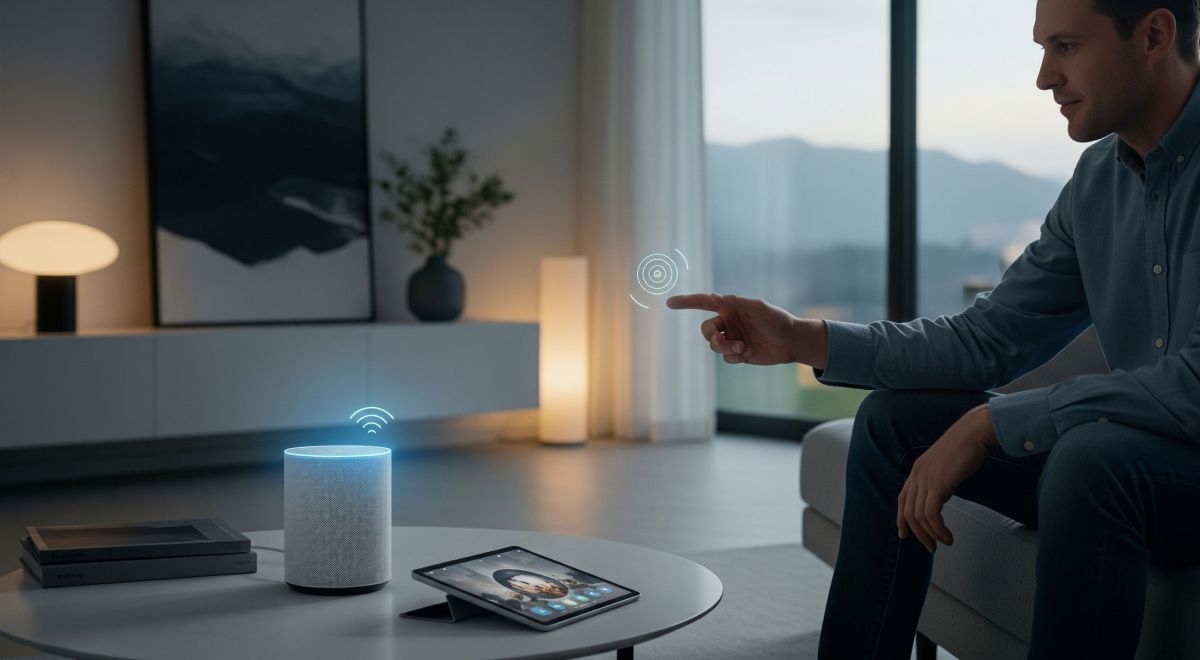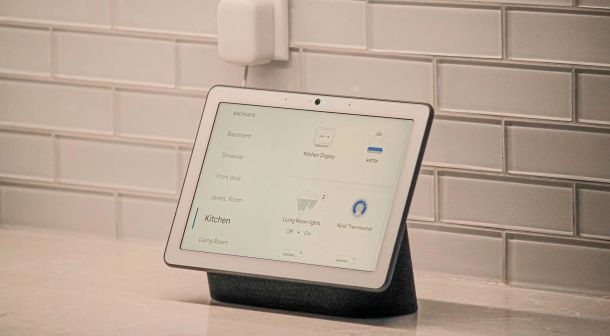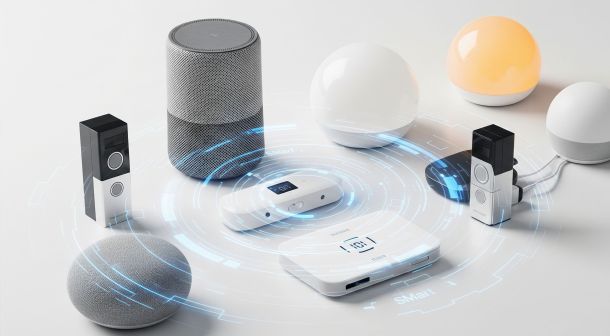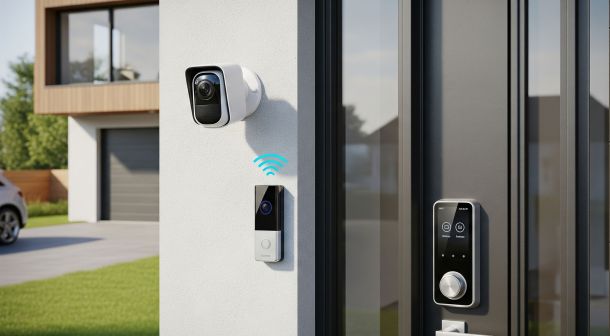
Smart Homes, Smarter AI: Your Personal Voice Assistant Evolution

For years, our voice assistants have been dependable, if somewhat robotic, fixtures in our homes. We've barked commands at Alexa, Google Assistant, and Siri, expecting a dutiful execution of simple tasks. But the landscape is shifting dramatically. Thanks to rapid advancements in Artificial Intelligence, these digital companions are shedding their rigid programming and transforming into genuinely intelligent, context-aware entities, making our smart homes feel more alive and personal than ever before.
This isn't just about understanding a broader range of commands. The true revolution lies in their growing ability to comprehend the nuance of our requests and the context of our lives. Imagine a morning where your voice assistant doesn't just play the news, but selects the topics it knows you care about, based on your past habits and even your emotional tone. Picture it proactively suggesting a change in thermostat settings because it's learned your comfort preferences, combined with real-time weather data. This level of predictive and adaptive intelligence is becoming a reality.
Leading the charge are the major players. Amazon's Alexa, with its "Alexa+" generative AI upgrade, is moving beyond rote responses to offer more fluid, conversational abilities, orchestrating complex tasks across various services. Google Assistant is similarly being infused with the conversational prowess of its Gemini models, promising a "more capable and adaptable AI helper" that handles both standard queries and open-ended questions with surprising fluidity. Even Apple's Siri, long seen as a bit more limited, is rapidly evolving. It's now much better at understanding what's happening on your screen and remembering personal context, using large language models to provide a smarter, more connected experience across your Apple devices.
These advancements are powered by sophisticated Natural Language Processing (NLP), Machine Learning (ML), and Deep Learning algorithms. Voice assistants are now capable of understanding intent beyond keywords, differentiating between similar-sounding phrases, and even detecting emotional cues in our voices to tailor their responses. They learn our routines, preferences, and even our habits, creating a truly individualized experience. The integration of multi-modal capabilities – combining voice with visual cues on smart displays, for instance – further enriches these interactions, making them more intuitive and less reliant on explicit verbal commands.
The impact on our smart homes is profound. No longer just reactive devices, voice assistants are becoming the central nervous system, anticipating our needs and adjusting the home environment seamlessly. From optimizing energy consumption by learning occupancy patterns to enhancing security by differentiating between family members and unfamiliar visitors, personalized AI is making our homes more efficient, safer, and remarkably convenient.
Of course, this evolution isn't without its considerations. The immense amount of data gathered to make these personalizations possible brings up valid concerns about privacy and data security. Striking the right balance between convenience and safeguarding personal information will remain a critical challenge. Furthermore, the increasing reliance on these intelligent systems also highlights the need for robust reliability and transparency in their operation.
Despite these considerations, the trajectory is clear: voice assistants are evolving from simple tools into integral, highly personal companions. The future of the smart home isn't just about connected devices; it's about intelligent environments that understand us, adapt to us, and ultimately, simplify our lives in ways we're only just beginning to imagine. The era of truly personal AI at home has arrived, and it promises to reshape our living spaces in exciting, human-centric ways.







